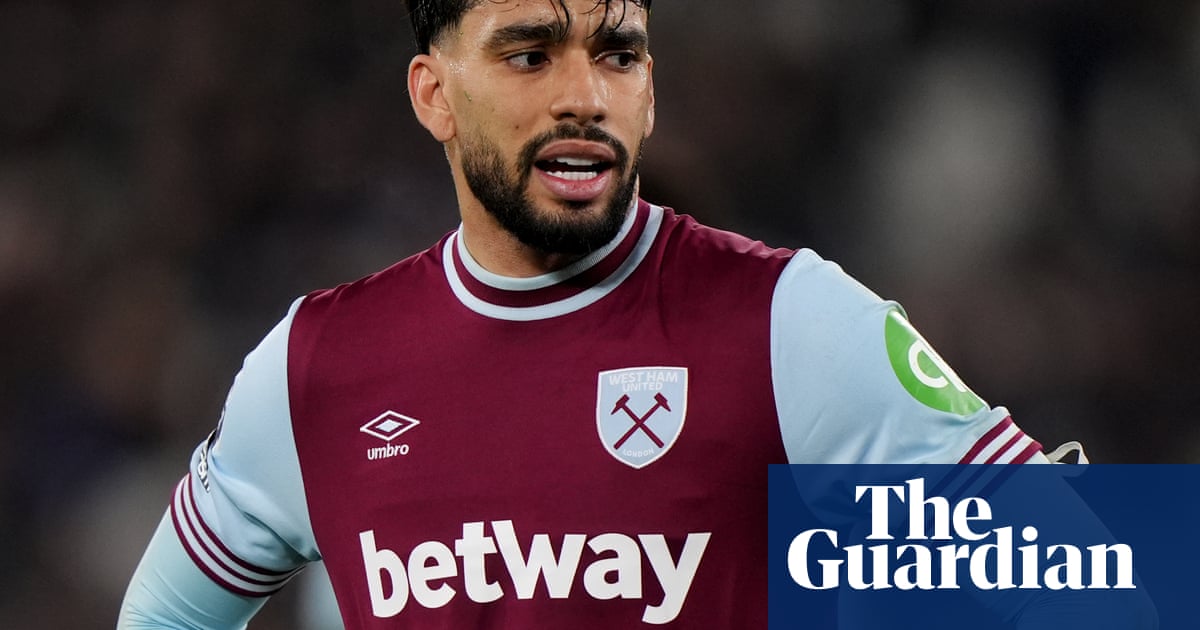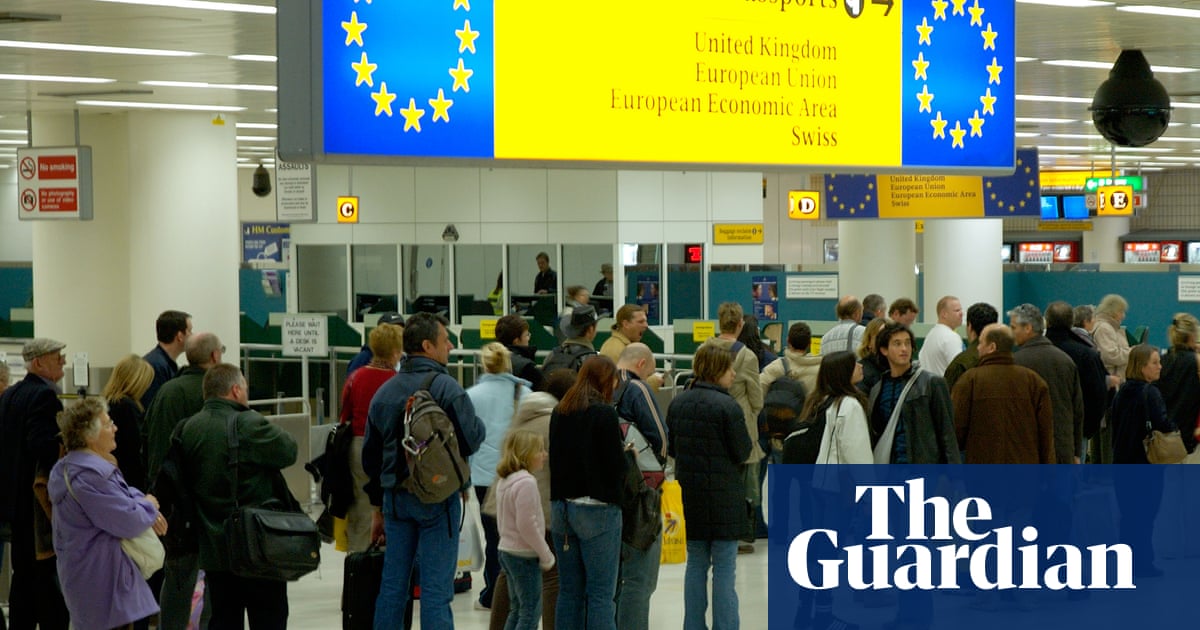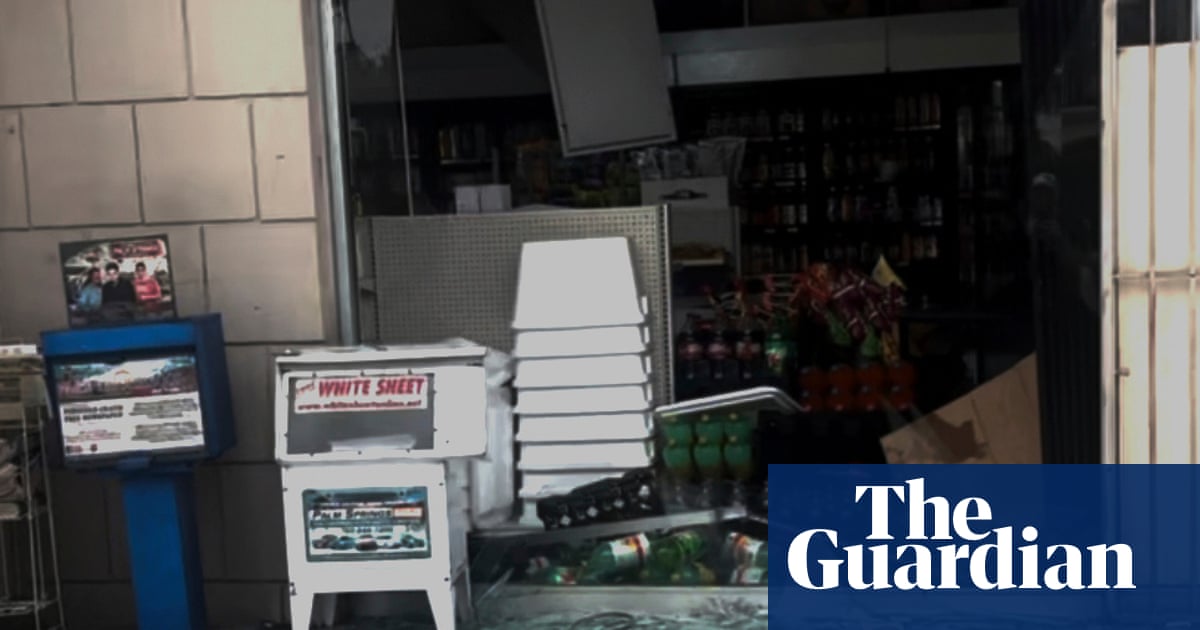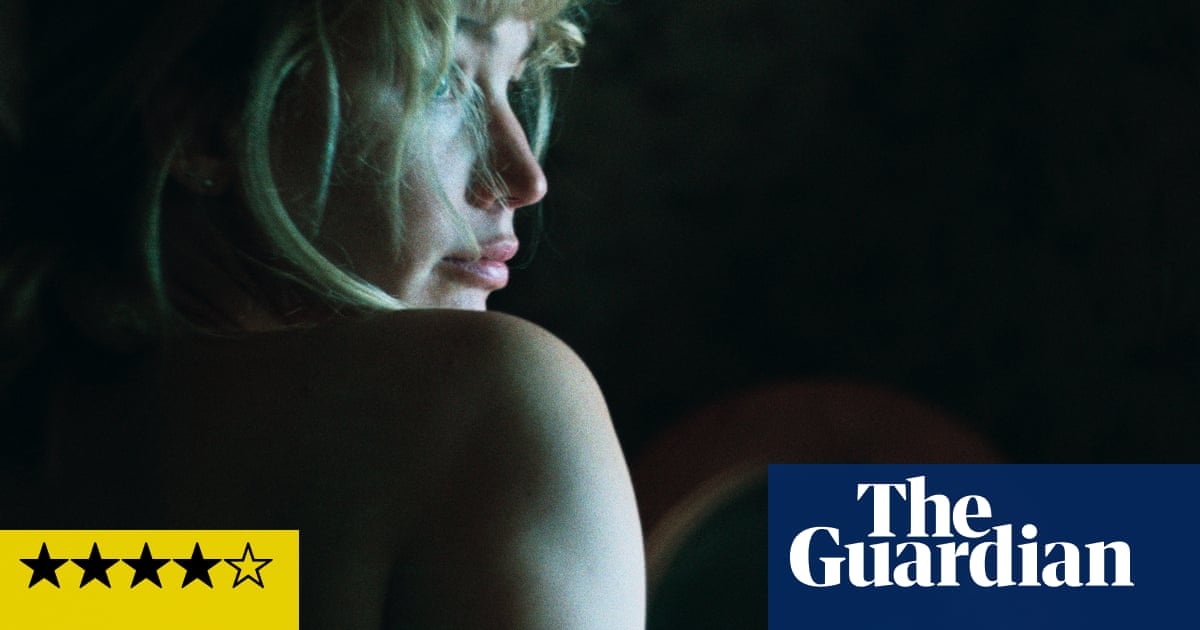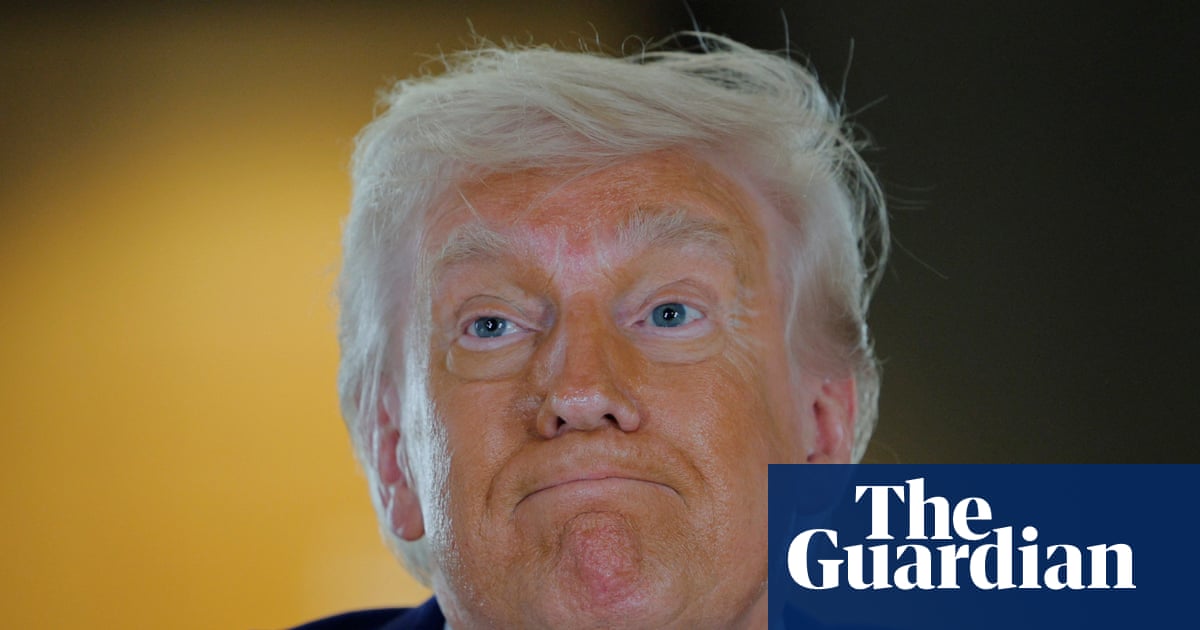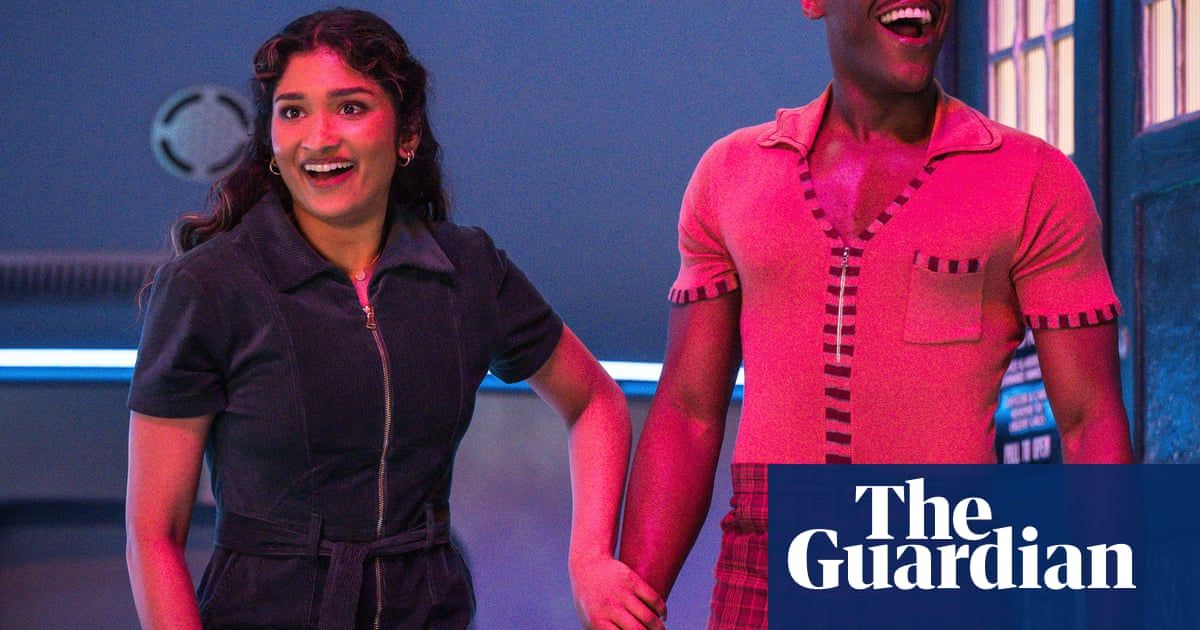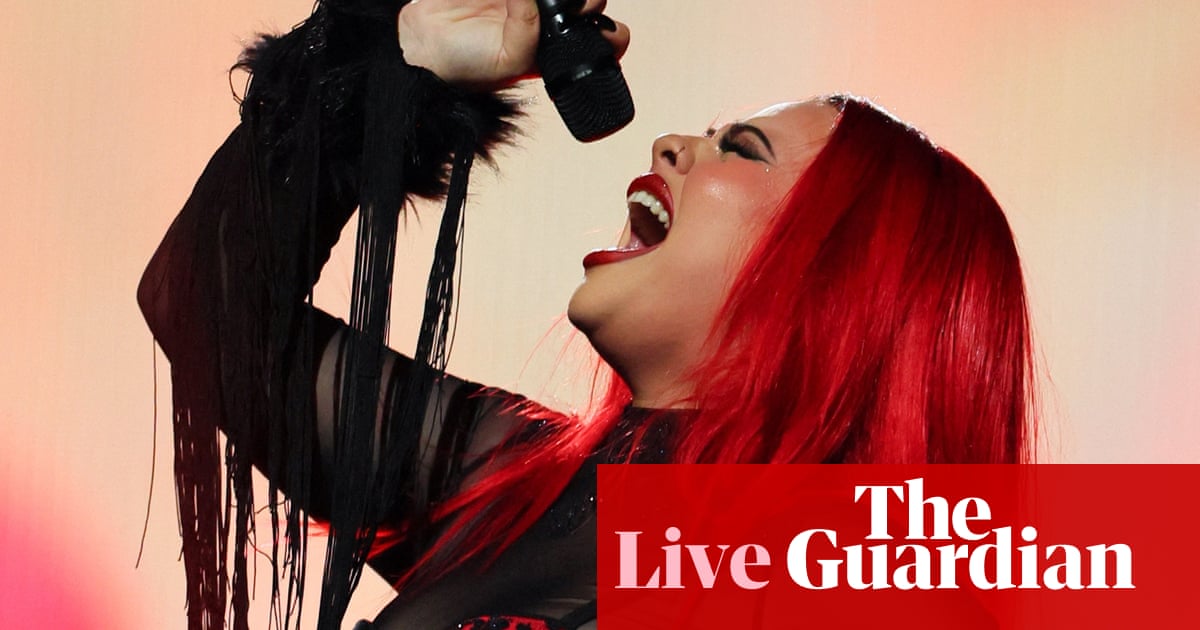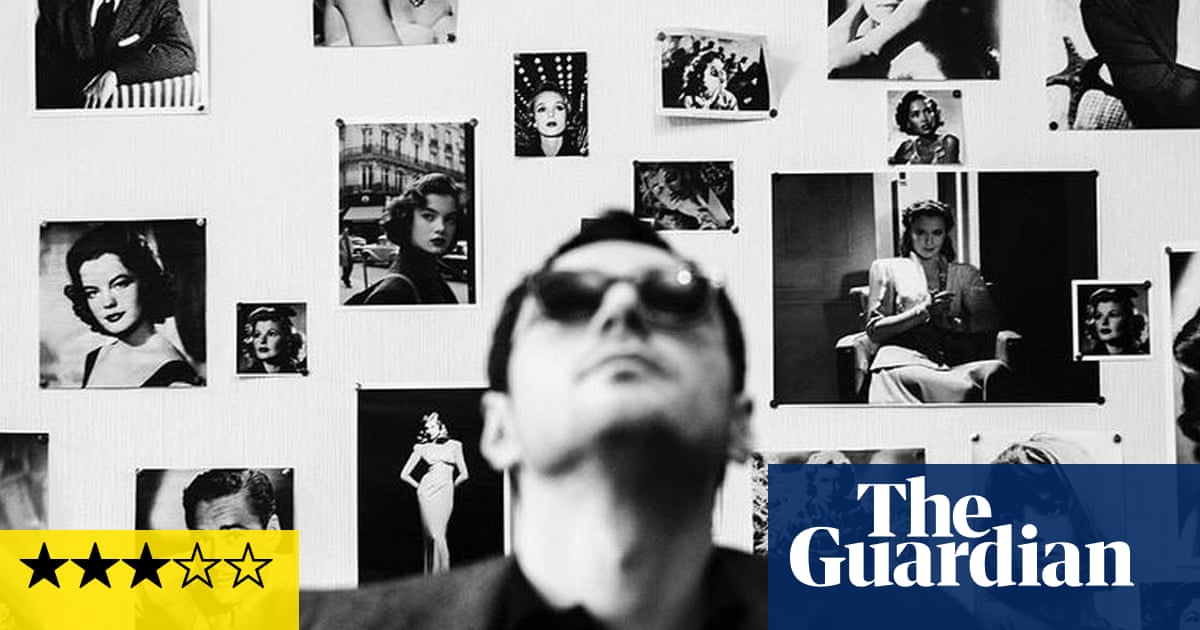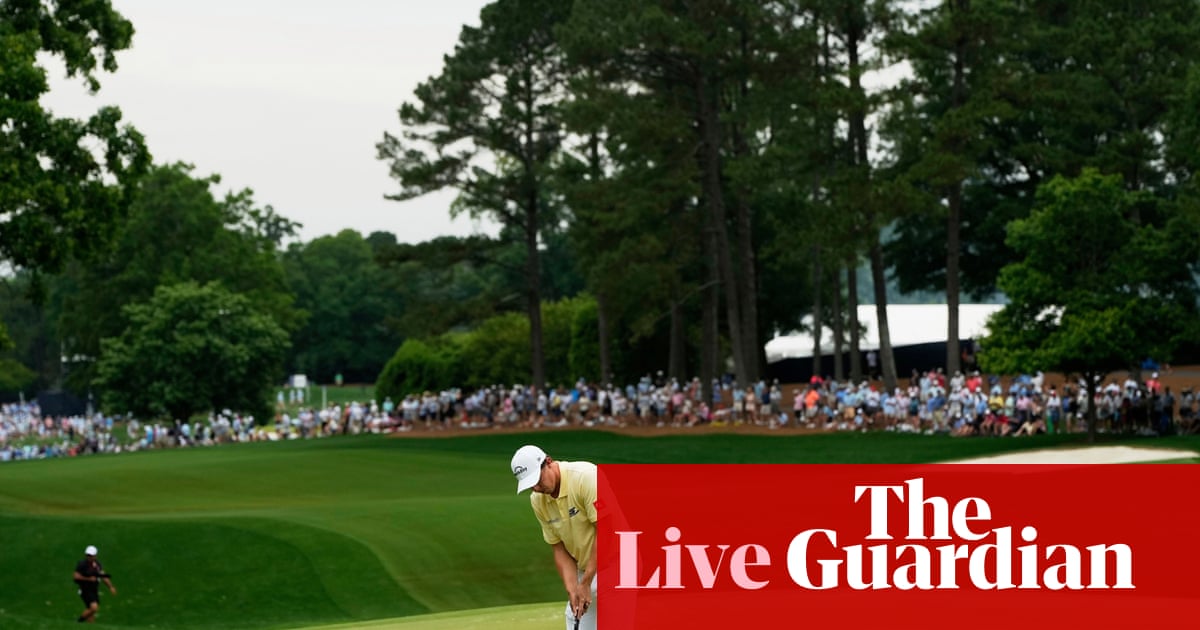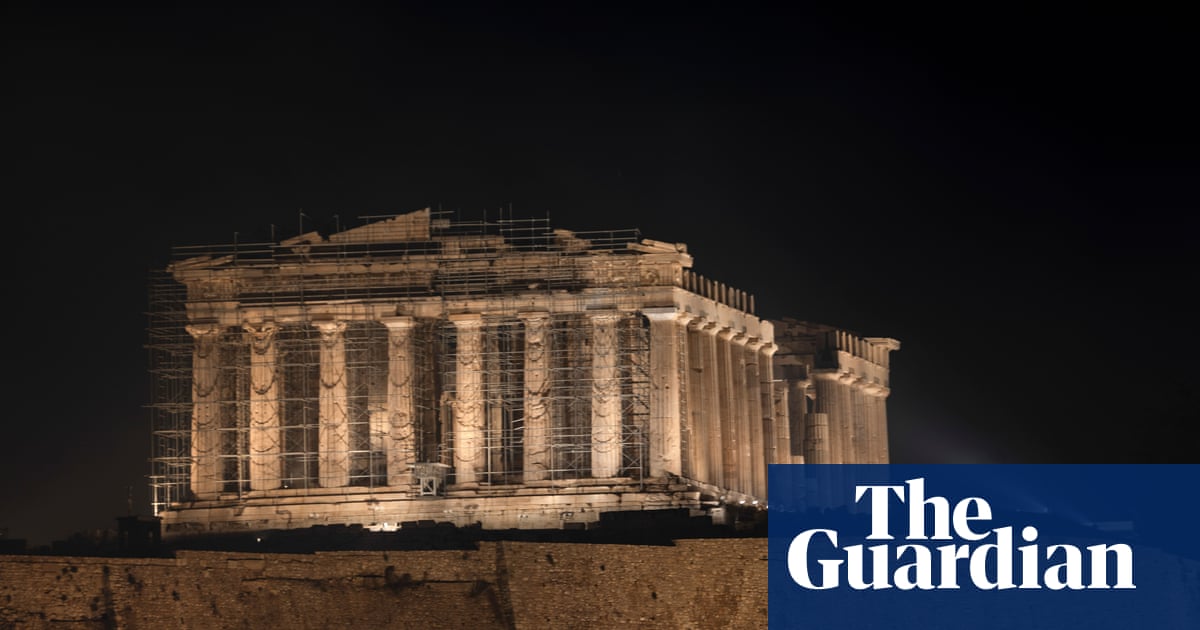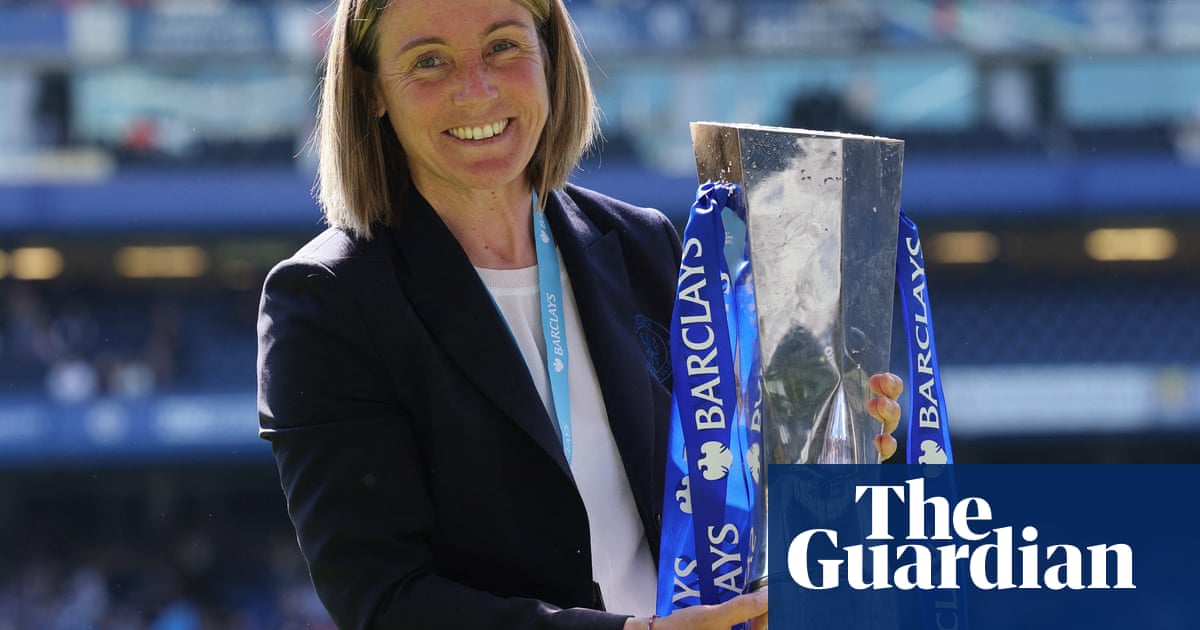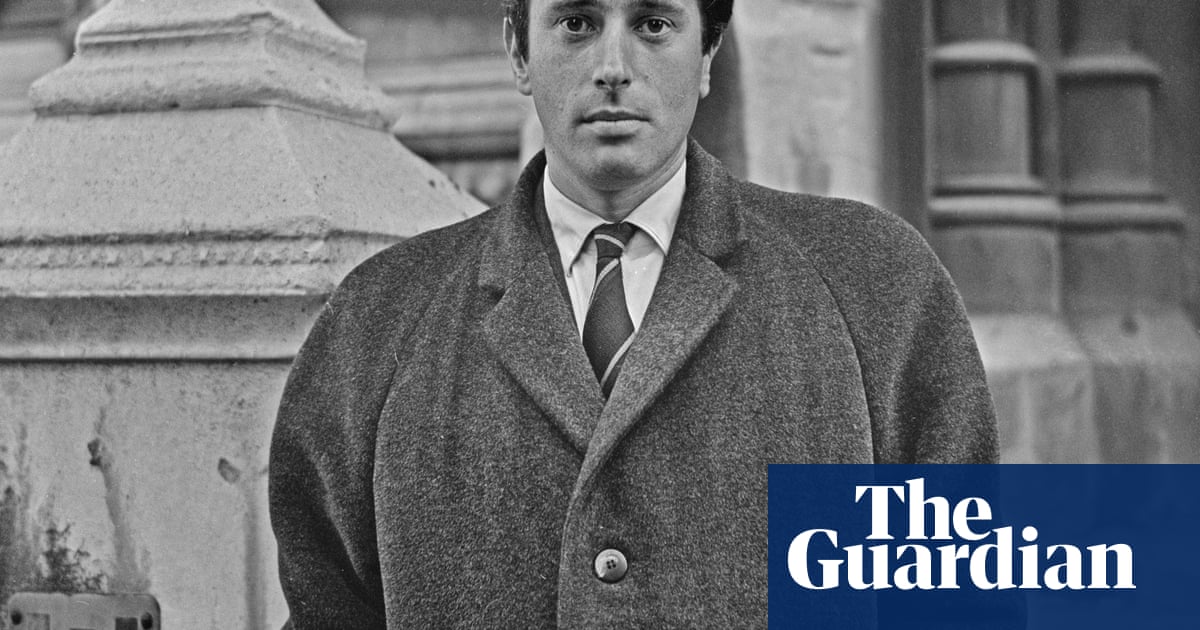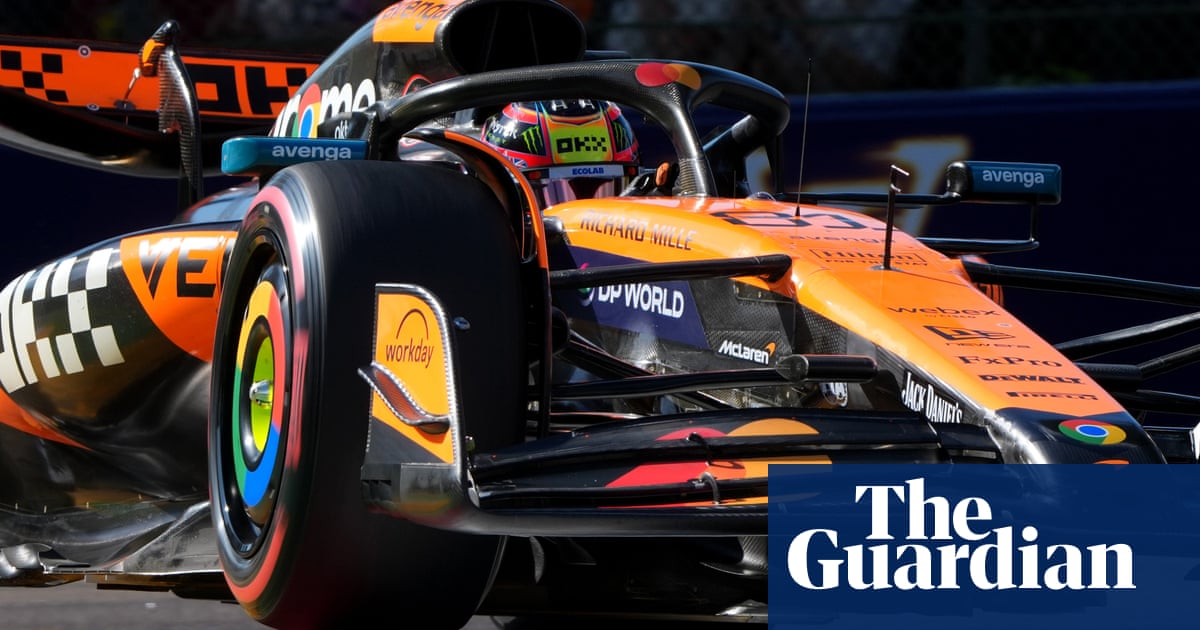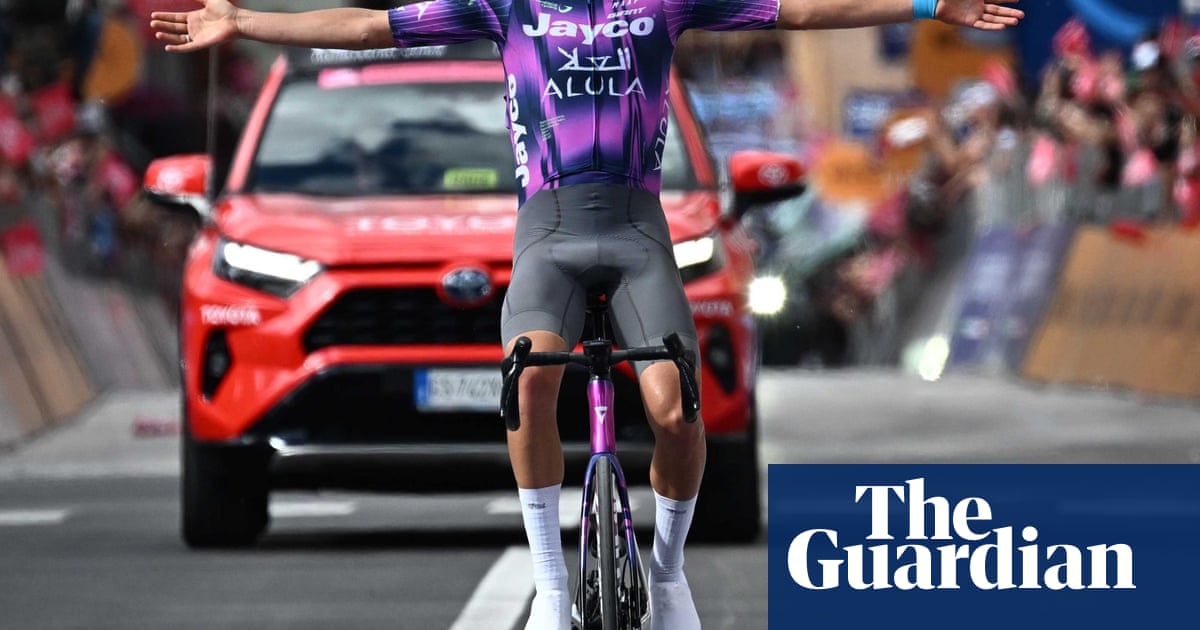A vintage FA Cup season had its vintage ending. Perhaps a second half that didn’t live up to the extraordinary drama of the first meant that this wasn’t quite a classic final, but it was one packed with incident and storyline, from Jean-Philippe Mateta’s glorious return after his horror injury at Millwall, to a missed penalty, a heroic goalkeeper inspired by the memory of his late father and a debutant substitute.
And at its heart, well as Crystal Palace played, was Pep Guardiola making a series of decisions so striking they could not but raise the familiar spectre of overthinking.
“If we meet again you can’t play in this system because we will solve it,” Oliver Glasner told Guardiola after Manchester City beat Palace 5-2 last month. If that was intended as a mind game, it worked brilliantly; Guardiola’s Cup final team featured just three players – Nico O’Reilly, Rúben Dias and Josko Gvardiol – operating in the same positions as they had played in that game. Palace, by contrast, showed only one difference from that game, Marc Guéhi restored on the left side of defence having been suspended for the fixture at the Etihad Stadium.
The most striking of the City changes was the deployment of Kevin De Bruyne and Bernardo Silva at the back of midfield. Thoughts immediately went back to 2021 and Guardiola’s decision not to pick a holding player against Chelsea in the Champions League final. It’s perhaps oversimplistic to say that the effectiveness of Palace on the break was a consequence – their pace and directness has troubled City sufficiently in the recent past, whatever the makeup of the midfield, that Palace had scored twice against them in five of their previous six meetings. But equally, it didn’t help. The pairing perhaps ensured City had more of the ball, but it also meant they were more susceptible to Palace’s counter when they came. It was just such a break that led to Palace’s winner.
But that wasn’t the only oddity. Why Savinho, who hasn’t scored a domestic goal this year? Why Jérémy Doku, whose only goals this year have come against Ipswich and Salford? When City ran out of ideas in the second half, as they did, could anybody claim to be surprised? The defensive chaos of the tail end of last year may have gone but the cost has been that Guardiola’s side these days often look predictable and toothless. City could perhaps point to misfortune – Dean Henderson could easily have been sent off in the first half and went on to make a string of important saves, including from Omar Marmoush’s penalty – but equally they played in a way that allowed misfortune to derail them. Would it really have been so outlandish to play something closer to the side that had beaten Palace by three goals last month?

Then there was the introduction of Claudio Echeverri from the bench with 14 minutes remaining. Throwing on a 19-year-old who hadn’t even been an unused substitute before for his debut in a Cup final is one of those moves so bold that it can only ever be regarded as genius or folly. Given he wasted two decent opportunities with shots too close to Henderson, it will inevitably be regarded as the latter.
Beyond gut feel, or perhaps hubris, what could the logic possibly have been? And what did that decision say about Jack Grealish’s status? The 29-year-old will surely be on his way out of the club in the summer.
To cap it all, at the final whistle Guardiola engaged in a furious row with Henderson. It’s possible Henderson provoked the altercation, which would at least make Guardiola’s reaction understandable, but it nevertheless suggested a manager feeling the pressure. It might not have been the scalp-scratching of the draw against Feyenoord, but neither did it suggest a manager comfortable in his role. Nor did his spiky post-match press conference.
after newsletter promotion
And after Guardiola’s first trophyless season since his first at City, in 2016-17, there must inevitably, perhaps for the first time, be the beginnings of doubts about his capacities going forwards. Guardiola is very unusual in being both revolutionary and also capable of perpetual evolution. To have been as consistently successful as he has been over 16 years is extremely rare, but all managers begin to decline at some point. The process, if it is happening, could be gradual; summer passing into autumn does not mean the sun never shines, merely that the days of relentless glory may be drawing to a close.
Guardiola, clearly, isn’t the only issue at City this season. He’s almost certainly not even the main issue, given Rodri’s absence and some curious recruitment. But it will fall on Guardiola to try to restore City to previous greatness – and there has to be uncertainty as to whether he has the energy to build another great team.

 3 hours ago
5
3 hours ago
5

